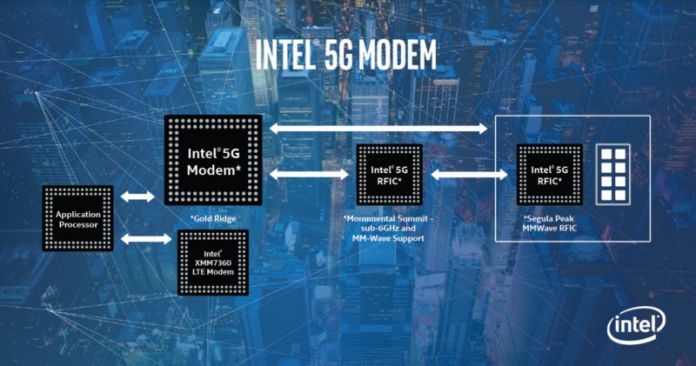1 Qualcomm Threat2 Apple Agreement
It is easy to assume that a “strategic decision” means wanting to get the second-generation 5G modem on the market around the same time Qualcomm delivers its own effort. 5G connectivity promises to revolutionize mobile device speed and capabilities. I have previously written about China leading the way in developing 5G infrastructure. 5G delivers improved wireless performance, including bandwidth, security, and responsiveness improvements over 4G LTE. In a growing age of interconnected devices, analysts predict that a country that leads in 5G will gives its companies an “era of untapped economic potential.” While China is pushing ahead in preparing for 5G, US-based chipmakers are leading in development of the technology.
Qualcomm Threat
Intel has been pushing its original XMM 8060 chipset for a mid-2019 release. However, that has looked unlikely as no smartphone manufacturers have announced hardware with the silicon. It seems that Intel is skipping the XMM 8060 and will fastrack the XMM 8160. The reason of this is the looming presence of Qualcomm. While Intel is struggling to entice manufacturers, rival Qualcomm is having more success. The company already has 20 device makers signed up to use its 5G chips, including modem makers. However, the race for 5G is really going to be won and lost in mobile. Smartphones will decide the giants of the 5G silicon market. Of course, Qualcomm is the dominant chipmaker in the mobile space with its Snapdragon processors. Intel faces the challenge of muscling in on an established market. Qualcomm’s ties in smartphone manufacturing are already seeing results. Motorola will use Qualcomm modems in its 5G Moto Mod, and Xiaomi will do the same for its Mi Mix 3 5G variant. Crafting 5G modems small enough to fit in a smartphone is challenge, one even Qualcomm is struggling with. Intel is already prepared to lead in 5G on PC and has teamed with Sprint and Microsoft to bring 5G laptops to market in 2019. PC is Intel’s domain where one-upmanship on Qualcomm seems guaranteed. However, PC is also a declining sector, so much of Intel’s 5G success will depend on its ability to find a home on mobile.
Apple Agreement
By bringing XMM 8160 to market sooner, Intel can face Qualcomm directly and compete for manufacturers. Apple is reportedly on-board with Intel but will not wait around forever for the company to make its 5G modems efficient. Under its new earlier release, the XMM 8160 should ship to partners during the latter half of 2019. The will not be time enough to be included in next year’s iPhone XI (11), so Apple’s first iPhone 5G model is likely to arrive in 2020. Much rides on Apple’s help as Qualcomm is likely to sew up the majority of Android OEMs, with other players like Samsung, Huawei, and more also taking their own slice of the pie.




